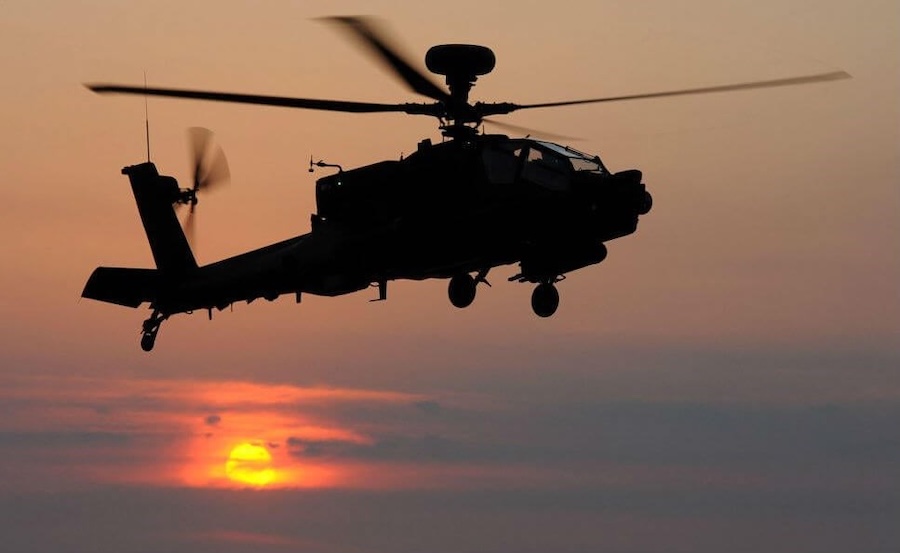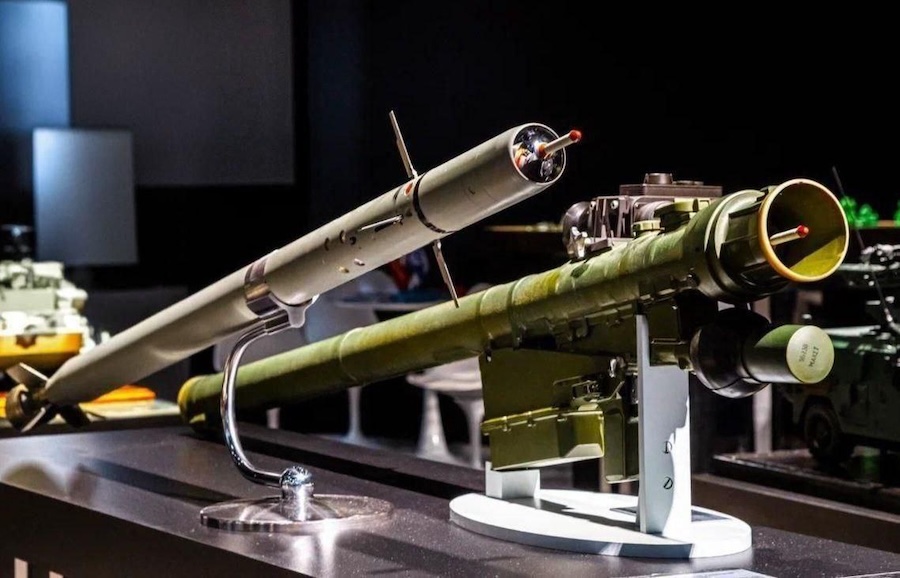“The detection of a system deviation does not mean the aircraft is defective,” Rusev said. He added that the acceptance process is still underway and consists of two separate phases: technical and flight acceptance.
Rusev stated that at least two test flights with a Bulgarian pilot are required before the aircraft can be formally introduced into service. “Only after the pilot confirms the aircraft is airworthy will it be introduced into operational service with the Bulgarian Air Force,” he said.
Defence Minister Atanas Zapryanov said that all funding for the aircraft acquisition, including infrastructure at the Third Air Base, has been secured. He noted that discussions are continuing with the U.S. government to ensure long-term logistical support and spare parts supply.
The F-16 Block 70, delivered by Lockheed Martin, is a two-seater combat training version. It was officially welcomed during a ceremony at the Third Air Base on March 13 and landed in Bulgaria on April 2.
Operational deployment will follow the completion of both technical and flight evaluations. Additional aircraft under the initial contract are expected to be delivered in stages by the end of 2025, with a second batch of eight aircraft scheduled to arrive by 2027, forming a complete squadron.
The aircraft’s status has become a point of political contention. GERB party leader and former Prime Minister Boyko Borissov criticised President Rumen Radev, alleging he informed journalists the aircraft was not operational. Borissov called for the dismissal of the Air Force Commander if the claim was substantiated.
President Radev did not directly confirm the aircraft’s status but suggested the issue highlighted broader problems in defence procurement and planning. Dimitar Stoyanov, Presidential Secretary for Defence and a former defence minister, confirmed the aircraft cannot currently fly due to a faulty unit.
Stoyanov said the required spare part is not available in Bulgaria because it was not included in the original order package. He explained that such failures are not unusual in newly manufactured aircraft during early operation and must be resolved before flight.
He criticised the absence of spare parts, attributing it to a cost-saving decision made by a previous government led by Borissov and then-defence minister Krasimir Karakachanov. Stoyanov also said current Defence Minister Zapryanov was involved in the negotiations and accused him of misrepresenting the scope of the purchase agreement.
According to Stoyanov, the problem could have been avoided if Bulgaria had accepted an offer that included 24-hour spare parts delivery, rather than opting for a lower-cost package with longer delivery times.
Source: novinite.com.





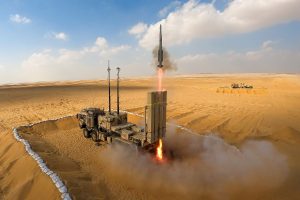
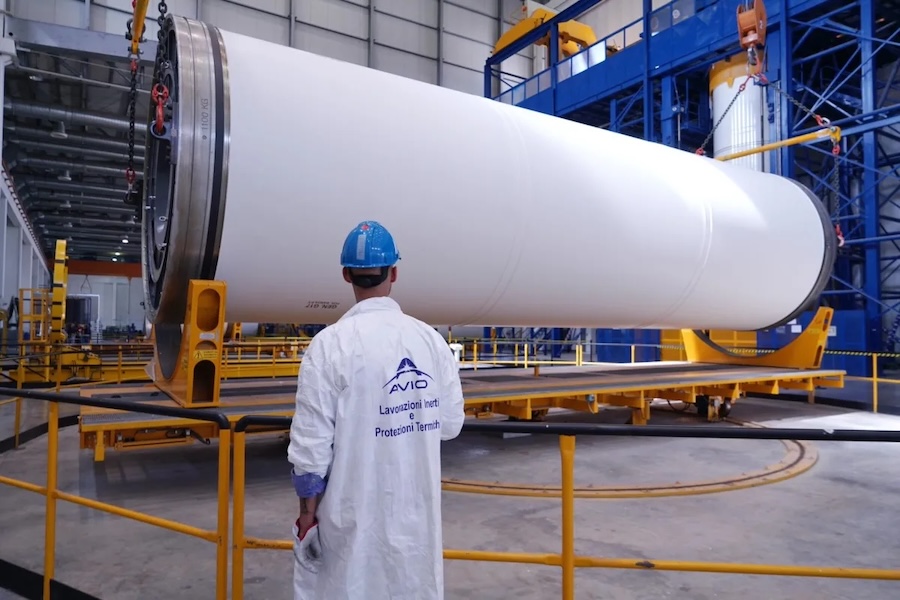
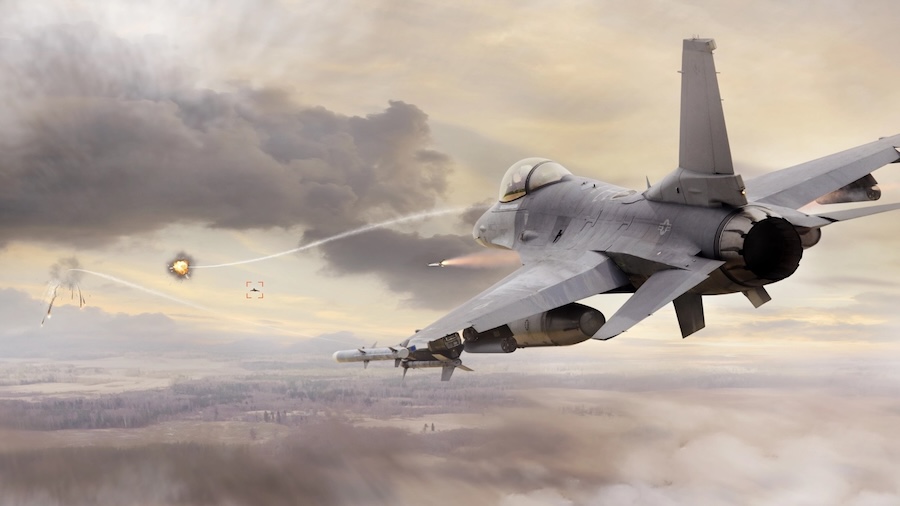
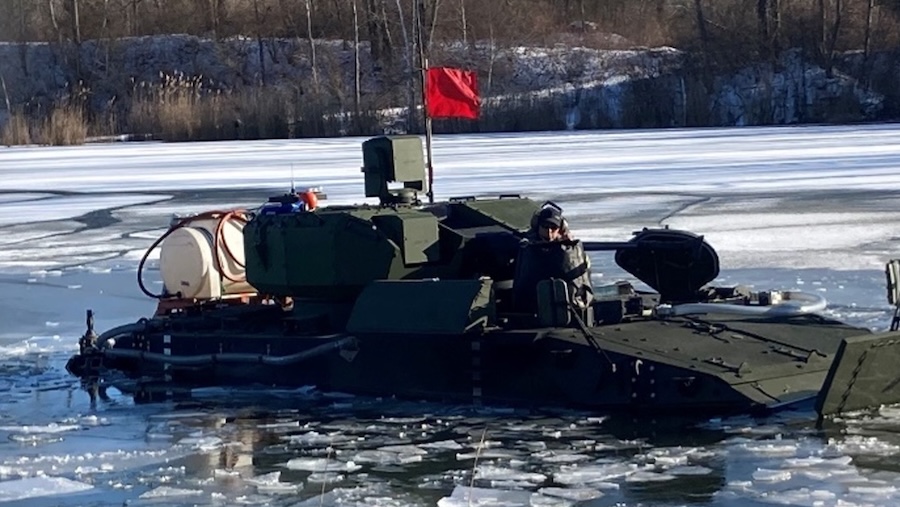
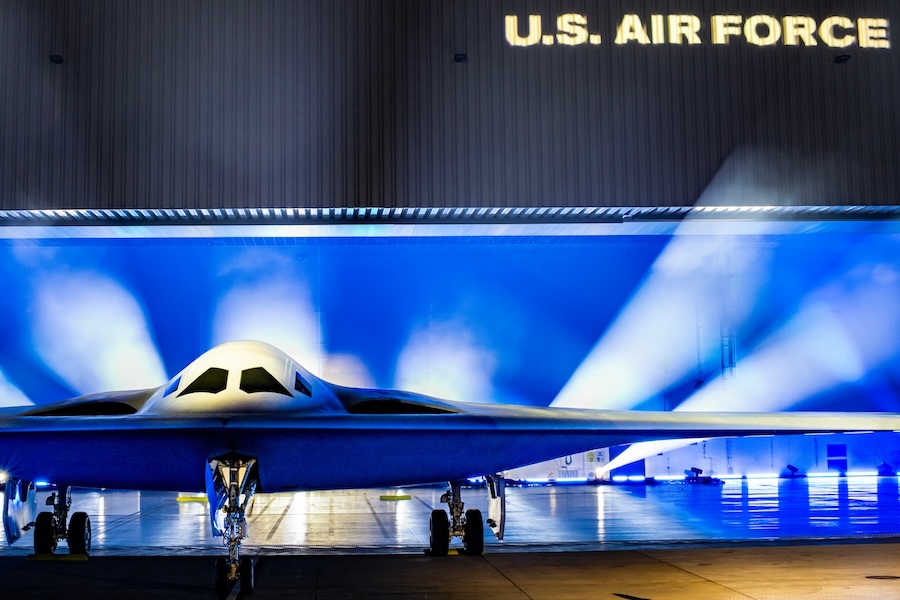
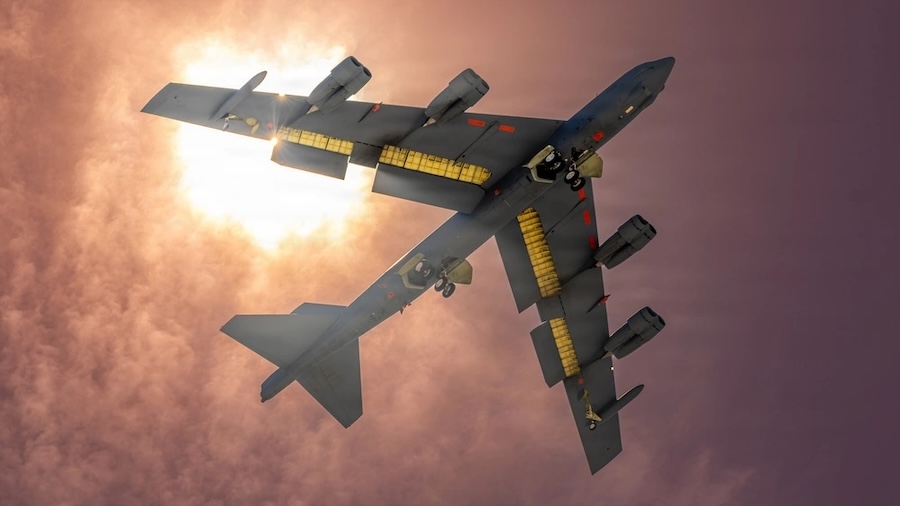
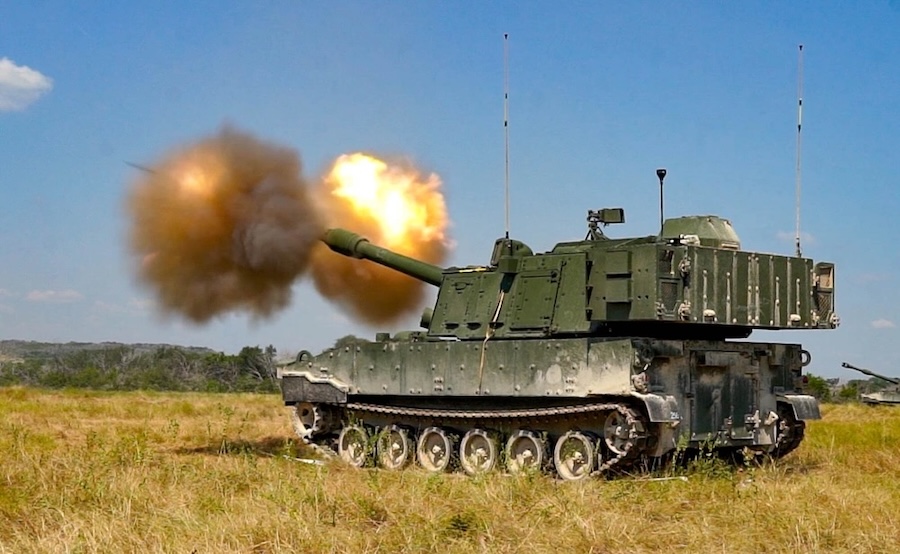


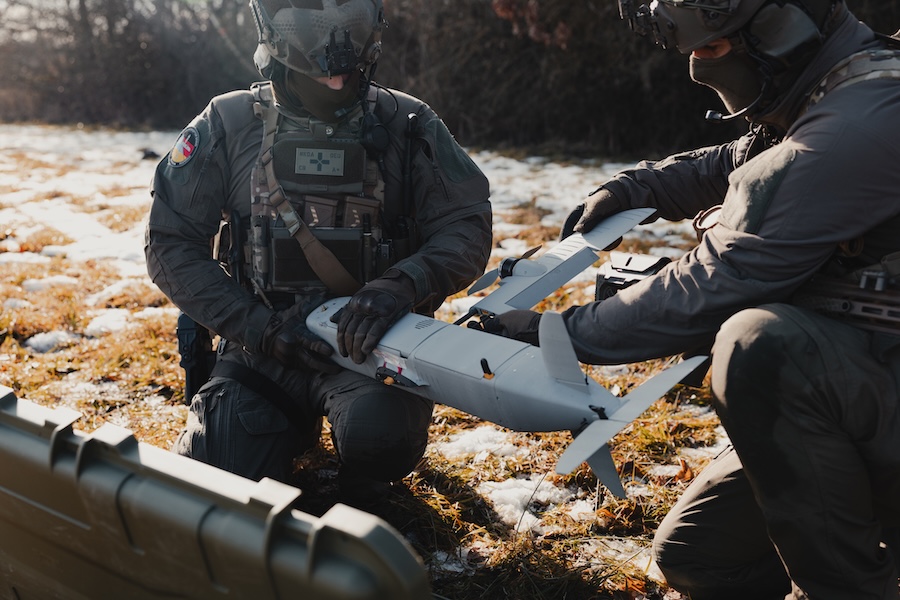
![Bayraktar Akinci combat drone scores direct air-to-air hit with Eren munition in test over the Black Sea [VIDEO]](https://defence-industry.eu/wp-content/uploads/2026/02/bayraktar-akinci-combat-drone-scores-direct-air-to-air-hit-with-eren-munition-in-test-over-the-black-sea-video.jpg)
![Lockheed Martin Skunk Works tests tactical AI on X-62A VISTA in partnership with U.S. Air Force Test Pilot School [VIDEO]](https://defence-industry.eu/wp-content/uploads/2026/02/lockheed-martin-skunk-works-tests-tactical-ai-on-x-62a-vista-in-partnership-with-us-air-force-test-pilot-school-video.jpg)

